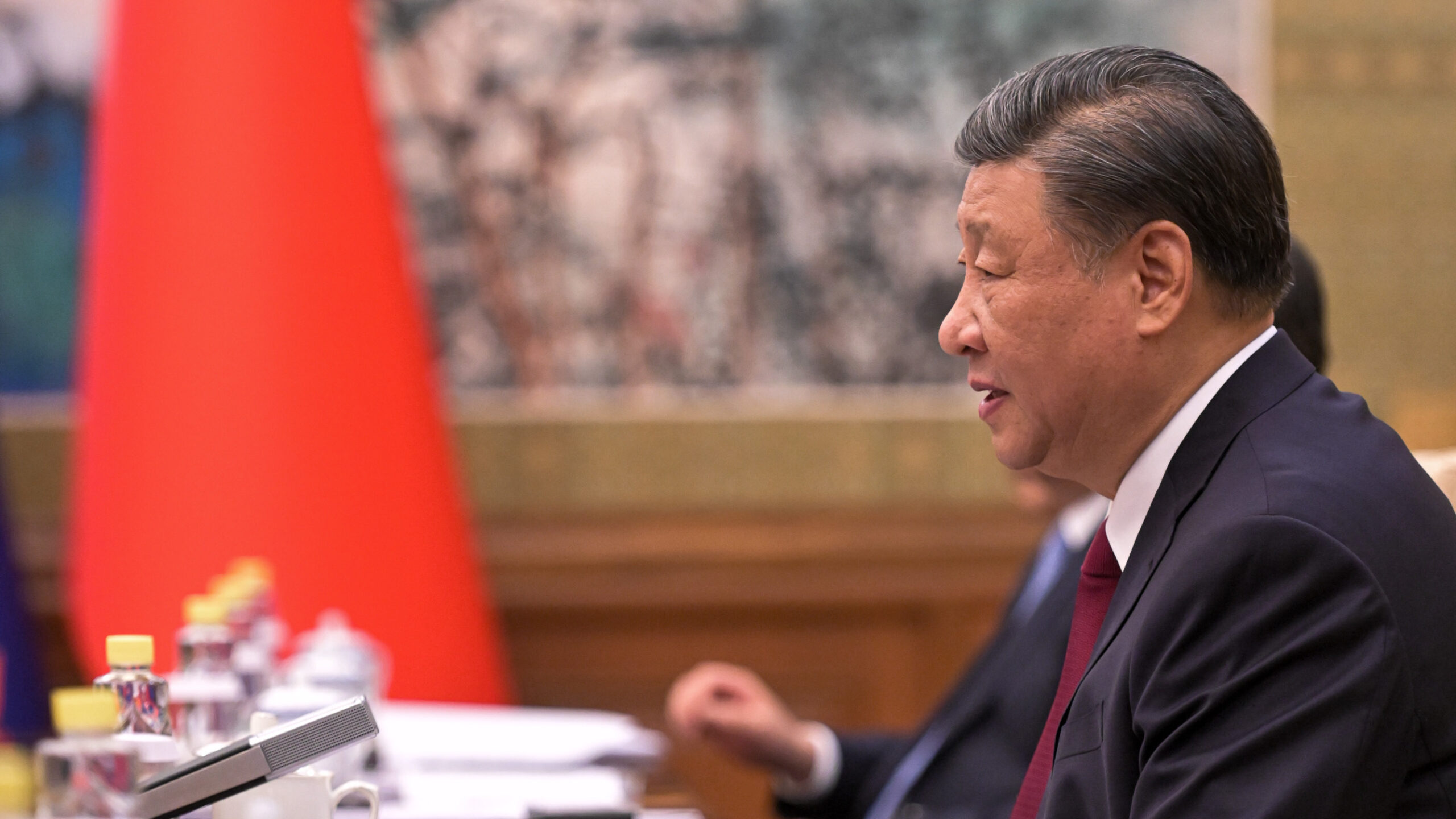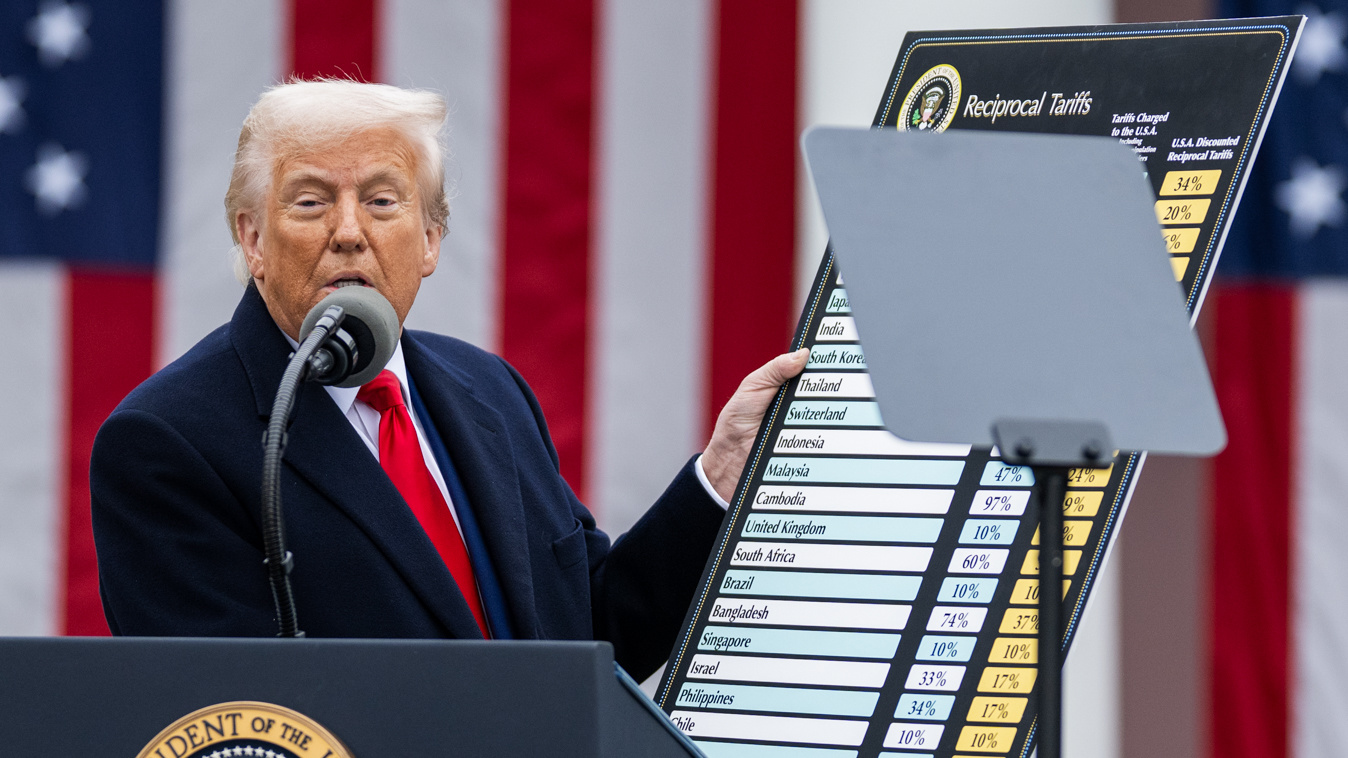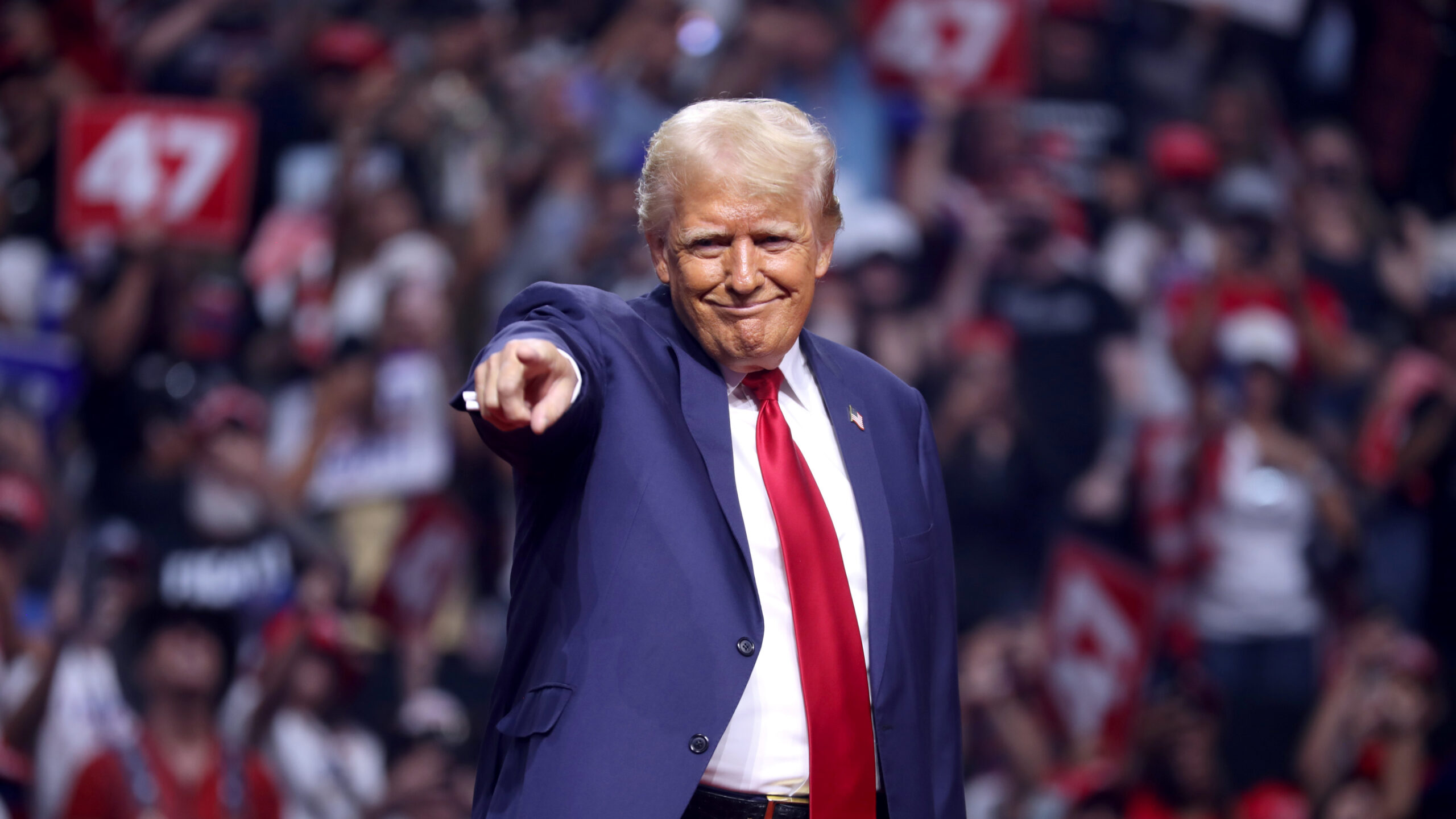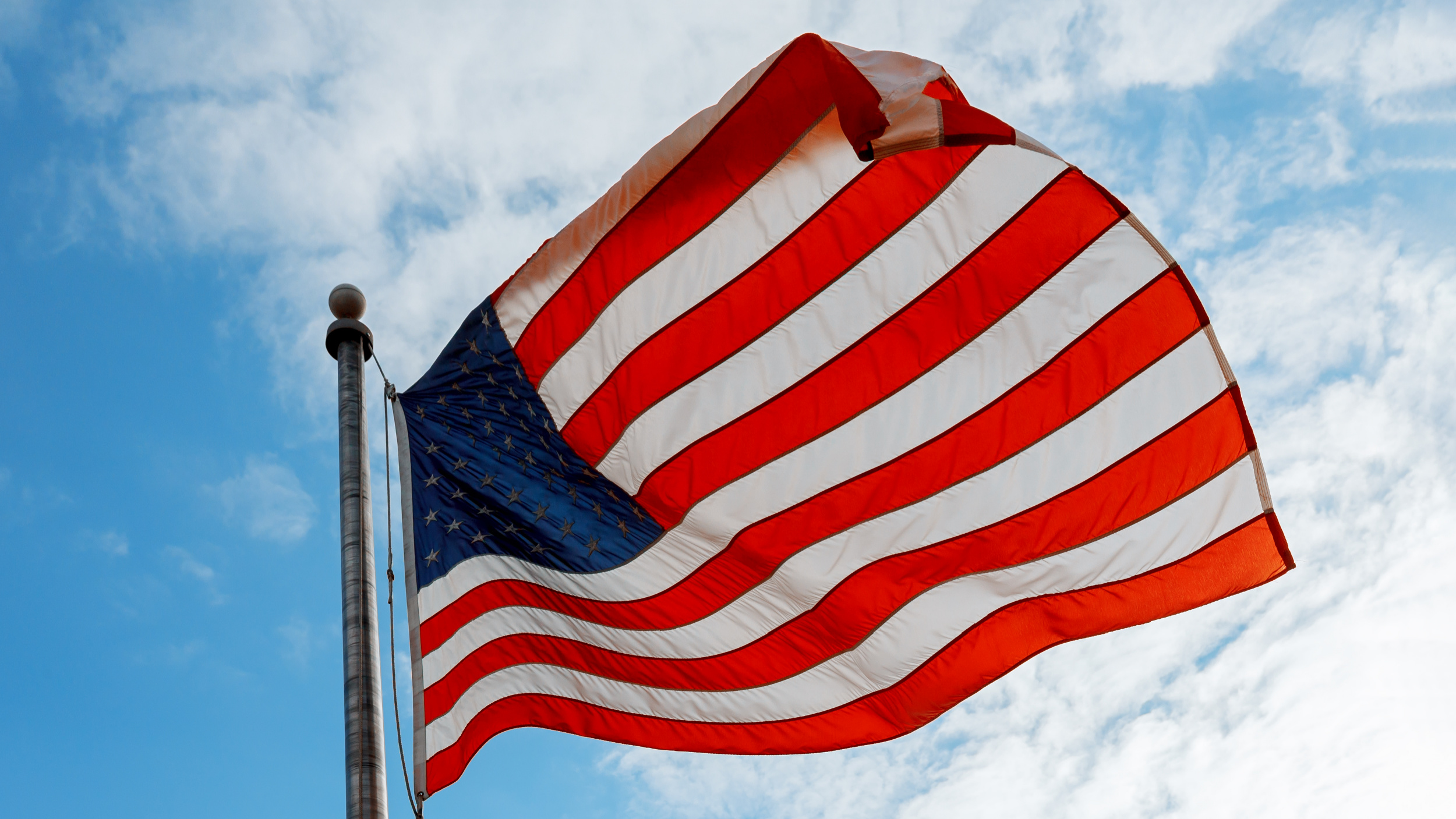
HAMBURG—Few places have a longer affinity for free trade than this German city, home to one of Europe’s busiest ports
[Reposted from the Wall Street Journal | Daniel Michaels | November 8, 2015]
The city’s left-leaning government overruled environmentalists in 2012 and approved deepening the Elbe River for bigger container ships. License plates boast of the city’s founding role in the Hanseatic League, a medieval alliance that was among the world’s first free-trade blocs.
But unease over new trade deals runs deep in Hamburg these days, as it does in the U.S. and across much of the developed world. The more aggressively leaders push to expand the reach of multilateral agreements into sensitive zones such as drug patents and investor protections, the more aggressively opponents push back.
Ire here is directed at portions of the proposed Trans-Atlantic Trade and Investment Partnership, or TTIP, which would join the U.S. and the European Union in a vast common market with more than 800 million of the world’s richest consumers.
The freshly completed Pacific trade deal between the U.S., Japan and 10 other countries has sparked similar outcries, underscoring the challenge of completing sweeping pacts that go far beyond eliminating tariffs—few of which exist between the U.S. and Europe.
Germany is one of the few Western countries that has continued to boost its share of world trade. Exports account for roughly 45% of its total economic output. With its huge trade surplus, Germany resembles China more than the U.S., Britain or France. Chancellor Angela Merkel, who is firmly pro-trade, first floated the idea of a trans-Atlantic free-trade area in 2006.
Yet opposition to the deal runs so high in Hamburg and across much of Germany that observers say Ms. Merkel must judge the wisdom of investing huge political capital into the issue.
Hamburg recently sent thousands of protesters to an anti-TTIP rally in Berlin that drew more than 150,000 people, who focused their anger on the pact’s potential impact on issues ranging from the environment to labor law.
Only 31% of Germans supported TTIP in the EU’s latest poll on the subject, earlier this year, compared with 56% of EU citizens overall. If Germany—the EU’s biggest country—rejects TTIP, its prospects are dim.
“Nobody ever expected such opposition,” said Corinna Nienstedt, international director at the Hamburg Chamber of Commerce.
TTIP’s details remain murky as the talks, which started two year ago, are conducted in secret. German TTIP opponents list a litany of potential dangers: the EU won’t be able to prohibit processed foods from the U.S.; Germany would lose its ability to prioritize social issues in public procurement because of market-oriented government-purchasing rules; special courts to resolve disputes between companies and governments would strip Europeans of their sovereignty.
“It’s about deciding how you want to run your country,” said Jörg Haas at German anti-TTIP group Campact.
Similar concerns have dogged the Pacific trade deal, the full text of which was released Thursday. Opponents in the U.S., New Zealand, Australia and other countries have focused their fire on intellectual-property protections for drug makers and provisions to guard foreign investors against domestic regulations.
Officials close to the European trade negotiations say opponents’ fears are unfounded. But some acknowledge that closed-door talks and negligible pro-TTIP campaigning have played into critics’ hands.
The broadsides, spread largely on social media, have stunned Hamburg politicians and business leaders, who pride themselves on community support.
“We are 350 years old—we’re not used to social media,” said Ms. Nienstedt of the Chamber of Commerce, which was formed in 1665 to fund gunships to protect Hamburg’s merchant fleets from Barbary pirates.
TTIP boosters say the pact would continue lifting trade in Hamburg and across the EU. At the Federation of German Industries’ annual gathering in Berlin on Tuesday, business leaders told Ms. Merkel she should support TTIP because it would standardize regulation across the Atlantic, cut red tape and boost investment.
A study prepared for the EU in 2013 estimated that one decade after TTIP’s enactment, the bloc’s economy would be €120 billion ($130 billion) bigger than without it.
Observers say German opposition is largely tied to broader concerns about U.S. domination that has been heightened by unrelated issues, such as revelations of U.S. surveillance.
TTIP opponents fear the pact would degrade Germany’s emphasis on social issues. “If we harmonize standards, there is the risk they are harmonized at the lowest level,” said Marco Kiepke, a policy expert at the Hamburg office of the Confederation of German Trade Unions, noting that the U.S. hasn’t approved some International Labor Organization rules Germans consider sacrosanct, including a convention on collective bargaining.
One rallying cry against TTIP has been the prospect that Germany would be powerless to forbid “chlorinated chicken” from the U.S.
“It’s a good idea to lower tariffs but TTIP is much more comprehensive,” said Mr. Kiepke. “Opposition to TTIP is really broad social opposition.”












